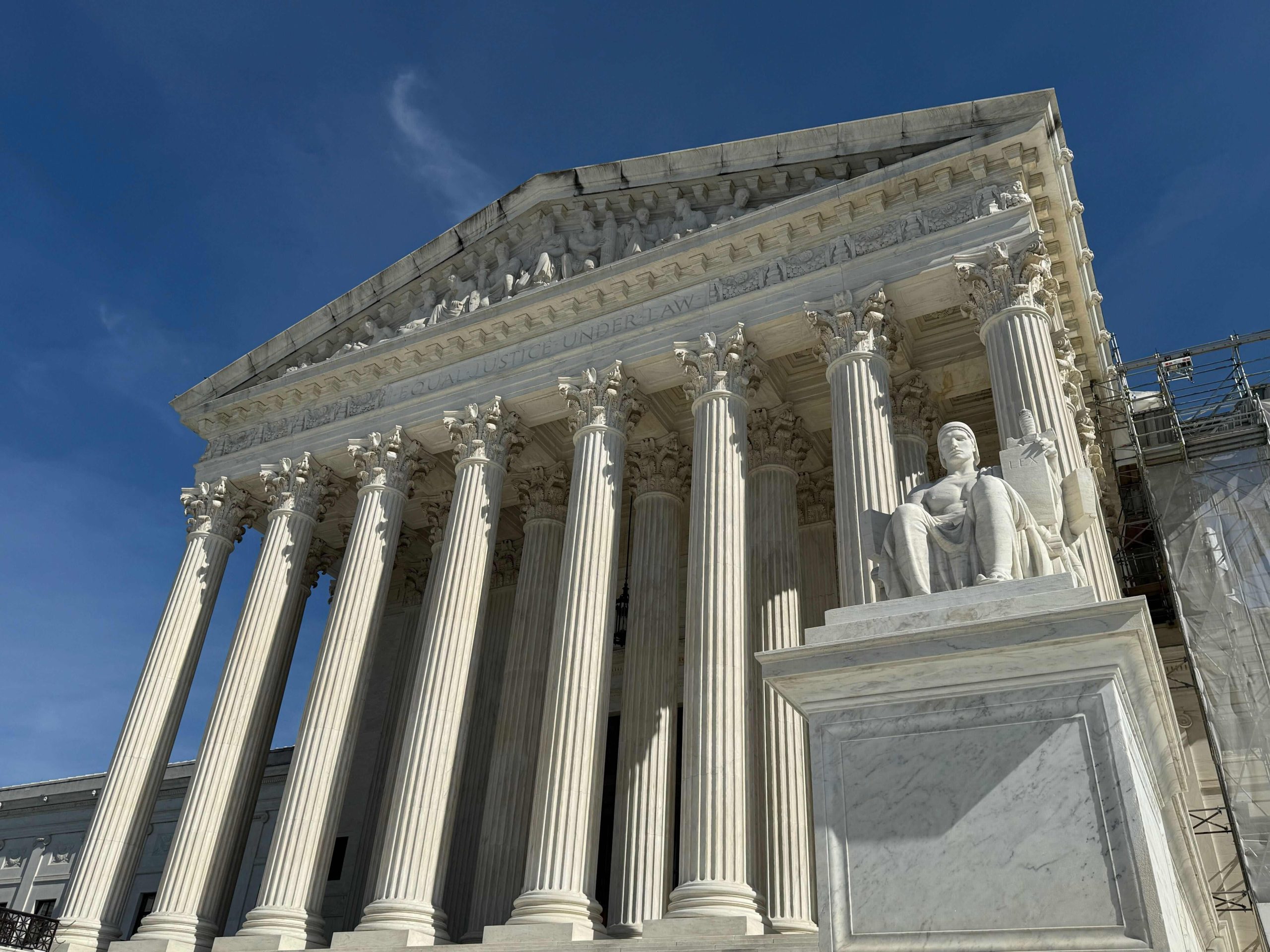A trade group for the adult entertainment industry will appear at the Supreme Court on Wednesday in its challenge to a Texas law that requires pornography sites to verify the age of their users before providing access – for example, by requiring a government-issued identification. The law applies to any website whose content is one-third or more “harmful to minors” – a definition that the challengers say would include most sexually suggestive content, from nude modeling to romance novels and R-rated movies.



It does exist.
You cannot publish personally-identifiable information about your customers.
Please stop lying.
Pornhub cannot go around naming and shaming specific users without consent.
Yet you can provide it, weird huh. Rule of acquisition #237 of they can’t point to a law, there is no law. Do better rom.
We already went over this, protected information is unsurprisingly protected. Your name and membership is not pii in most cases unless protected by their privacy policy.
They absolutely can if it isn’t included in the policy, there is no federal law protecting membership rolls. None.
Yet you can’t prove it. Interesting. So strange.
You cannot publish personally-identifiable information about your customers.
We already went over this.
Data protection laws exist, and you cannot publish information about specific customers online for the world to see.
Sorry to burst your bubble, but Pornhub won’t do this. I get that you want them to break the law, but they won’t.
Is not strange at all you’re adding me to prove a negative that can’t be proven.
We just went over that again for the third time no you can’t. Your name and membership is not pii.
Awesome point to one that allow l makes it unlawful federally.
Ed: you’ll notice I didn’t say they would, nor that they could just that it isn’t federally illegal to do.
Of course it can be proven. You said it’s explicitly exempted. So prove it. You can’t.
Companies cannot publish personally-identifiable information about their customers without consent.
Unless it’s explicitly exempted in policy, companies are held to their own privacy policy federally. You should actually read what I write rom.
We know they can be released because of the unamerican acts commission specifically requesting membership rolls and the subsequent supreme court case saying they can be disclosed.
https://www.law.cornell.edu/constitution-conan/amendment-1/disclosure-of-membership-lists
There are federal rules of disclosure as to 501c3 and charitable organizations but pornhub and in fact most businesses are not 501c3 nor charitable.
Hahaha there’s a big difference between a court ruling that you have to provide member lists to the courts if they request it, and “companies are allowed to freely publish personally-identifiable information about their users”
Jesus. That’s the best you can do?
There’s not it establishes they are not protected and are in fact releasable.
Laws don’t tell you what you can do they tell you what you can’t do. Point to a law that says you cannot release membership rolls, you won’t find one and the fact you still haven’t says oh so much.
Citing a source? No, that’s one more step then you’ve done huh? Let’s see your citation perry Mason.
No it doesn’t. It states they have to give it to the courts.
Courts wanting access to information to do their job != “Sure, go and publish personally-identifiable information about your customers”
You’ve still been unable to show that companies can go around publishing information about specific users without their consent.